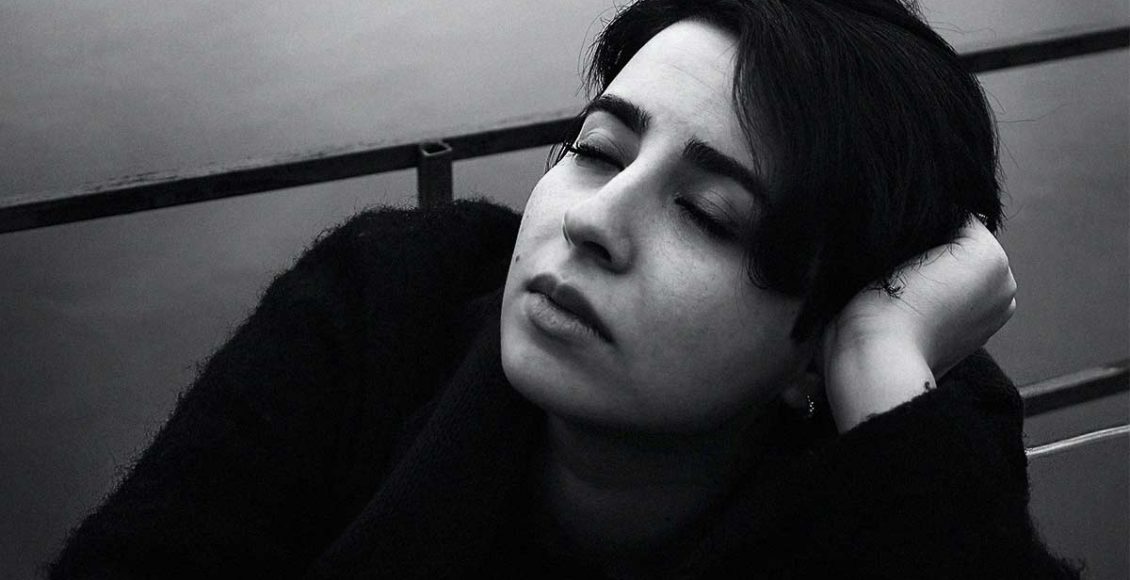Everyone experiences grief and responds to loss in a different way.
The grieving process is complex and difficult. While for many, it may seem as though grieving is synonymous with feeling intense sadness, grief is so much more than that. The way a person experiences grief depends on multiple, various factors including their coping mechanisms, cultural norms and support systems; in addition to this, factors such as the circumstances of the death and the person’s relationship with the deceased also play a vital role in affecting how they respond to loss.
There are different types of grief:
Anticipatory grief
For some people, the grieving process can begin before they lose a person. This can happen in cases where people know that their loved one is suffering from a terminal illness and will soon die. Anticipatory grief is difficult because it may leave you feeling guilty: you may feel guilty for losing hope and accepting your loved one’s death before they have passed away or for feeling relieved when they eventually do.
Complicated grief
This type of grief can be dangerous and harmful to the one who experiences it as it may lead to self-harm and mental illness. Complicated grief is associated with avoidance behavior whereby the griever avoids things that remind them of the deceased.
Delayed grief
Some people may not initially experience deep feelings of grief. These people usually tend to be the ones who are trying to be strong for those around them or who are experiencing the loss in an already difficult time. Delayed grief is characterized by feelings which grow stronger and deeper over time; therefore, those who experience delayed grief may find that they begin the grieving process a lot later and more intensely.
Absent grief
This kind of grief is associated with extreme denial and avoidance. This means that the griever may experience no grief at all because they are suppressing their feelings and denying the loss completely.
Disenfranchised grief
Those who experience disenfranchised grief may not receive the support they need. This often happens when the grief is caused by a loss of someone or something (a pet, non-family member, body part, etc.) that society perceives as not being worthy of grief. Experiencing disenfranchised grief is particularly difficult as the griever might feel as though nobody understands or supports them.
Normal/common grief
Normal grief is common and refers to the kind of grief which is difficult to see on the outside. People who experience this grief tend to be capable of carrying on with life while simultaneously dealing with the feelings which accompany the loss.
In addition to these, there are countless other ways in which one can cope with loss.
While losing people and feeling grief is something which happens to all of us, the way we deal with it differs. Remember not to judge those around you for not expressing their grief in the way that you see fit.
We all grieve in different ways.



